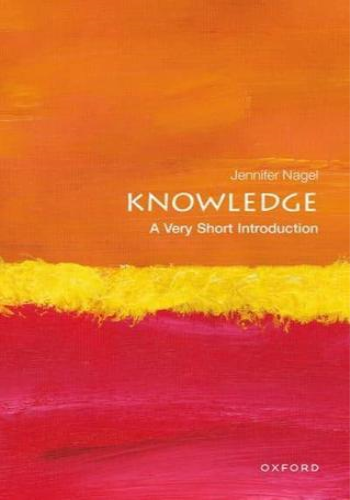Chapter 1: The Nature of Knowledge
* Summary: Explores the definition, sources, and types of knowledge. Knowledge is defined as "justified true belief." The primary sources of knowledge are perception, introspection, and reasoning. Types of knowledge include empirical knowledge (derived from experience) and a priori knowledge (independent of experience).
* Real Example: A doctor diagnosing a patient's condition based on their symptoms and medical history. The doctor's justified belief in the diagnosis is supported by their medical training and experience.
Chapter 2: Knowledge and Justification
* Summary: Examines the criteria for justifying knowledge claims and the role of evidence and reasons. Justification involves providing evidence or reasons that support the truth of a belief. Different types of justification include logical proofs, empirical observations, and expert testimony.
* Real Example: A historian arguing that a particular event occurred based on evidence from primary sources, such as letters and diaries. The historian's evidence provides justification for their belief in the event.
Chapter 3: Knowledge and Skepticism
* Summary: Addresses philosophical arguments that challenge the possibility of certain knowledge, such as the skeptical arguments of René Descartes and David Hume. Skepticism questions the reliability of our senses, the validity of our reasoning, and the existence of an external world.
* Real Example: A person who doubts the existence of other people, arguing that they could be merely figments of their imagination. This skeptical argument challenges our belief in the reality of the social world.
Chapter 4: Knowledge and Truth
* Summary: Explores the relationship between knowledge and truth and the different theories of truth. Theories of truth include correspondence theory (truth as correspondence with reality), coherence theory (truth as consistency with other beliefs), and pragmatic theory (truth as what is useful or works).
* Real Example: A scientist who believes that a particular scientific theory is true because it accurately predicts and explains phenomena. The correspondence between the theory and reality supports its claim to truth.
Chapter 5: Knowledge and Relativism
* Summary: Examines the idea of knowledge relativism, which holds that knowledge is dependent on one's perspective, culture, or social context. Relativists argue that there is no objective or universal truth and that knowledge is subjective and variable.
* Real Example: A group of scientists who develop a consensus on the accuracy of a scientific theory based on their shared observations and experimental results. While their knowledge is subjective to their group, it may be regarded as objective within the scientific community.
Chapter 6: Knowledge and Rationality
* Summary: Explores the role of rationality in the acquisition and evaluation of knowledge. Rationality involves using logical reasoning, evidence, and justifiable beliefs to support our knowledge claims. Irrational beliefs, on the other hand, lack a reasonable basis.
* Real Example: A politician who makes a public statement without providing any evidence or logical support. This irrational belief can undermine the politician's credibility and the public's trust.
Chapter 7: Knowledge and Expertise
* Summary: Examines the role of expertise in the production and evaluation of knowledge. Experts have specialized training and experience that gives them a higher level of knowledge and credibility in a particular field. Expertise can enhance the justification of knowledge claims.
* Real Example: A doctor making a diagnosis based on their medical expertise and the patient's symptoms. The doctor's expertise provides a strong basis for their knowledge claim.







